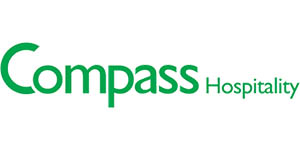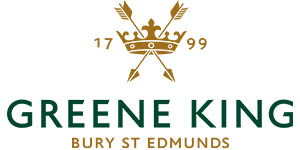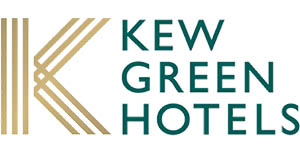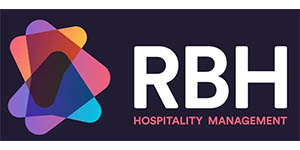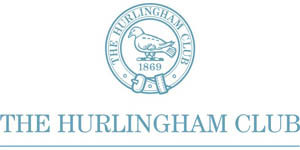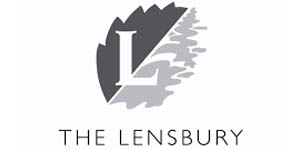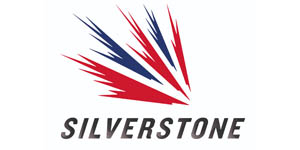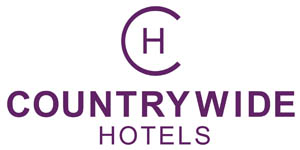In the first Labour Budget in over a decade, Chancellor Rachel Reeves laid out significant policy changes affecting the UK hospitality sector. For businesses already stretched by rising costs, this Budget’s increase in wages, National Insurance, and the evolution of business rates will require close attention to mitigate impacts on growth and operations. Here, tax expert Neal Groves at Beavis Morgan, a Capcon associated company, provides a breakdown of the main announcements and what they mean for hospitality owners and managers across the UK.
- Minimum Wage Increases
From April 2025, the National Living Wage will rise 6.7%, taking hourly pay for those over 21 to £12.21. Young workers (18-20) will see an unprecedented increase from £8.60 to £10 per hour, while apprentice wages will go up from £6.40 to £7.55.
Implications:
- Increased Wage Bills: UKHospitality predicts these wage hikes will add £1.9 billion annually to the sector’s payroll expenses. Businesses may need to consider restructuring roles or reducing hours to offset rising payroll costs.
- Staff Retention and Attraction: For many hospitality workers, the wage increase is welcome news and could aid in recruitment and retention. However, the financial strain on businesses to fund these increases remains a concern.
Actionable Tips:
- Evaluate Staffing Levels and Roles: Consider alternative staffing models, such as using part-time or flexible roles, to keep operational costs manageable.
- Improve Operational Efficiency: Look for automation tools or cross-train employees to reduce dependency on increased staffing, thus controlling costs without impacting service quality.
- Rising National Insurance Costs
Starting in April 2025, employers’ National Insurance Contributions (NICs) will rise from 13.8% to 15%. Additionally, the earnings threshold for NIC payments will decrease from £9,100 to £5,000, effectively widening the pool of workers for whom contributions are mandatory. Small businesses will see some relief with the Employment Allowance doubling to £10,500.
Implications:
- Increased Financial Burden: For many businesses already operating on slim margins, the NIC increase is another substantial cost to absorb. UKHospitality expressed concerns over the impacts on staffing, with likely cuts in both hours and roles.
- Small Business Cushion: Smaller businesses can benefit from the elevated Employment Allowance, which offers partial relief from the increased NICs.
Actionable Tips:
- Explore the Employment Allowance: Ensure your business qualifies for the full £10,500 in Employment Allowance to reduce your NIC liability.
- Maximise Employee Value: Invest in employee training to enhance productivity and efficiency, optimising each staff member’s contribution and helping to justify the higher NIC costs.
- Business Rates Adjustment
Effective from 2026/27, the government will introduce two lower tax rates for hospitality, retail, and leisure properties. The 75% business rates discount set to expire in April 2025 will instead transition to a 40% discount, capped at £110,000 per business for 2025/26. This phased adjustment aims to ease the financial strain on hospitality, though some businesses may see their rates rise depending on property value.
Implications:
- Immediate Cost Relief: The shift to a 40% discount from the 75% discount may soften the impact for businesses but will still result in a higher expense than what was previously expected.
- Long-Term Business Rates Reform: The move towards a more structured business rates relief model represents a positive step, with the potential for longer-term stability in property-related costs. UKHospitality praised this structural reform but noted the need for further detail and sector collaboration.
Actionable Tips:
- Plan for Rate Increases: Anticipate and budget for the adjusted 40% discount. Evaluate whether these costs necessitate adjustments in pricing or operational expenses.
- Engage in Rate Review Initiatives: If your property’s rateable value has significantly impacted your finances, consider participating in rate relief or appeal processes.
- Changes to Alcohol and Air Passenger Duties
Starting in February 2025, alcohol duty rates on non-draught products will increase by 2.7%, with draught duty seeing a slight reduction. Additionally, air passenger duty for short-haul flights will rise by up to £2, while private jet passengers will experience a 50% increase in duty.
Implications:
- Cost Impact on Beverages: The minimal reduction in draught duty may provide slight relief for pubs and bars, but with alcohol duty increases, businesses may need to adjust their pricing strategies.
- Rising Air Travel Costs: Businesses relying on tourism may feel an indirect impact, as the air duty increase could influence consumer behaviour, particularly for international travellers.
Actionable Tips:
- Adjust Menu Pricing Strategically: While increasing prices may be necessary, consider implementing tiered pricing or promoting certain products to offset costs while maintaining customer loyalty.
- Leverage Domestic Tourism: With slight rises in air passenger duty, now is an ideal time to promote domestic tourism-focused experiences, which may appeal to consumers seeking affordable, local travel.
- Missed Opportunities and Sector Sentiment
While the Budget addressed some core cost concerns, the lack of targeted relief for VAT or faster planning approvals disappointed many in the sector. Kate Nicholls, CEO of UKHospitality, referred to the Budget as a “blow” for hospitality, with the cumulative impact of these changes expected to add £3 billion to the industry’s tax bill in 2025.
Implications:
- Continued Pressure on Profit Margins: Without VAT relief, businesses may continue to struggle under the weight of high operating expenses, especially as they implement wage and NIC increases.
- Limited Scope for New Investments: Facing higher employment and tax costs, many businesses may defer growth and expansion plans, which could hinder recovery and innovation within the sector.
Actionable Tips:
- Lobby for VAT Relief: If VAT relief remains a priority, consider joining sector-wide campaigns led by UKHospitality or similar advocacy bodies.
- Optimise Cash Flow: Maintain a tight cash flow by seeking extended credit terms or supplier discounts to counterbalance rising costs and ensure smoother financial operations.
Comment from Neal Groves, Tax Partner at Beavis Morgan:
“The 2024 Budget brings both challenges and some incremental relief for UK hospitality businesses. In light of the cost pressures from wage and NIC hikes, along with business rate adjustments, hospitality leaders must adopt a proactive approach in restructuring their operations. Embracing innovative cost-saving methods, while advocating for further sector support, will be key to navigating the changes in 2025 and beyond.”
Comment from Marcus Jones, Managing Director at Capcon:
“Adapting to the new budget requirements will be pivotal for UK hospitality businesses. With Capcon’s auditing and training services, we can help ensure that you not only comply with these changes but also turn them into opportunities for improved efficiency and employee satisfaction.”
- Rising wages and National Insurance costs mean tighter margins for many. Our risk management services can help identify areas where costs can be reduced without sacrificing service quality.
- As business rates evolve, our stock controls and stock taking services ensure that your inventory is managed efficiently, reducing waste and costs.
- With changes in employment law, our employment screening and training services will keep your team compliant and well-prepared.
For further details and personalised tax advice for you and your business, contact Neal Groves at Beavis Morgan on Tel: 020 7417 0417 or Email: [email protected].
For expert advice and tailored risk management and profit growth solutions, contact Marcus Jones. Our team is on standby support your compliance needs and enhance operational efficiency in this new fiscal landscape.











